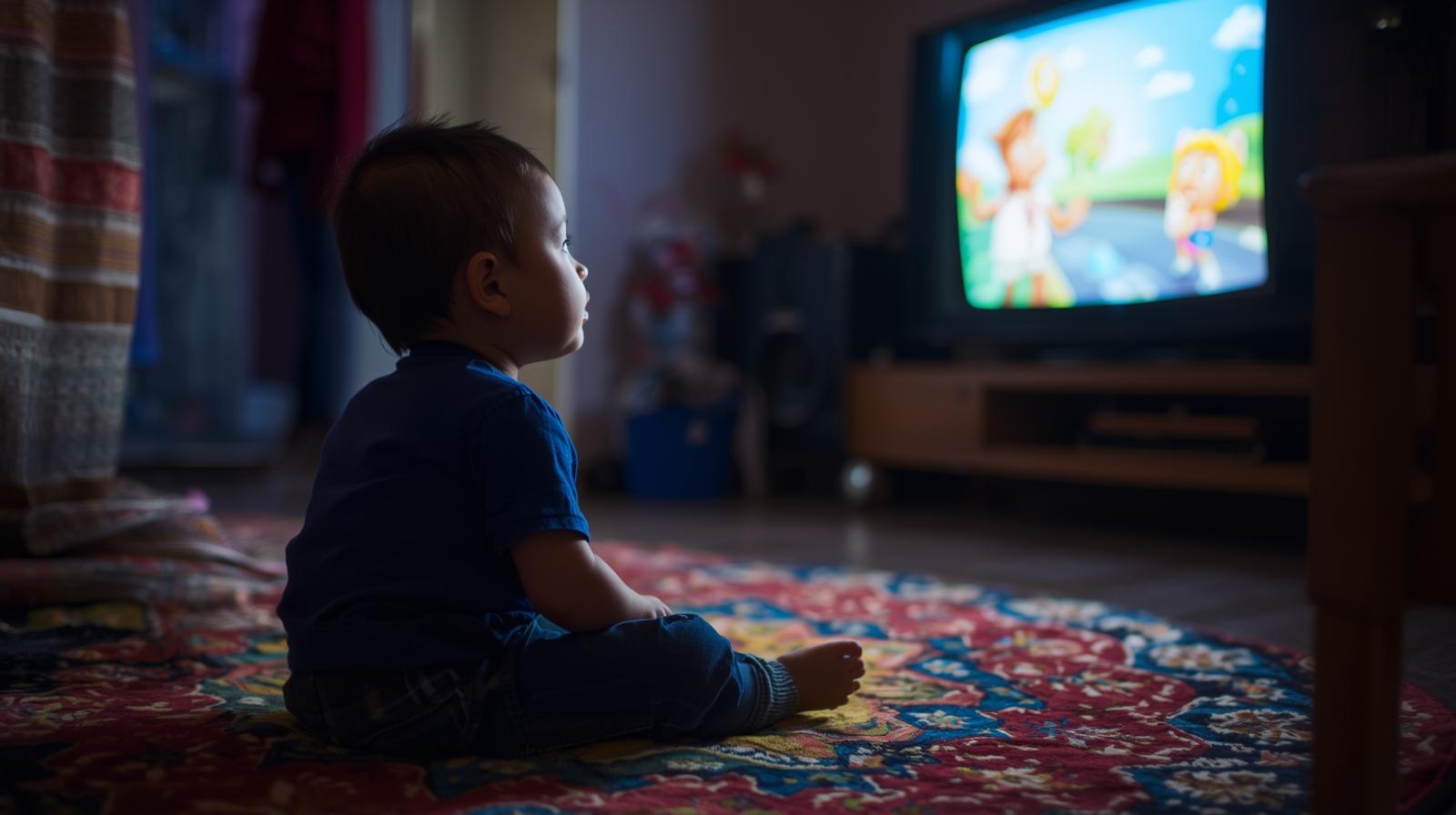In today’s world, screens are everywhere—from TVs to tablets to phones—and it can feel almost impossible to keep them away from young children. Yet, for infants and toddlers, limited screen exposure is one of the best ways to support healthy brain development. During the first few years of life, children’s brains grow rapidly, forming millions of new connections every second. This development is best nurtured through real-world interactions—talking, playing, exploring, and bonding with caregivers.
When young children spend too much time in front of a screen, their developing brains are exposed to fast-paced images, bright colors, and constant stimulation. This kind of sensory overload can “train” the brain to expect high levels of stimulation, making it harder for children to focus, play independently, or engage in slower-paced, real-life learning later on. In contrast, playtime in the real world—stacking blocks, looking at books, or simply going for a walk—helps children learn to think, imagine, and solve problems at a developmentally appropriate pace.
If young children do watch TV, it should be intentional, brief, and carefully chosen. Programs designed specifically for early childhood, with simple graphics, slower pacing, and clear language, are best. Just as important, screen time should be shared time. When an adult watches with the child, asking questions like “What do you think will happen next?” or “Can you find the red ball?” the experience becomes interactive and supports language and cognitive growth. This type of guided viewing helps children connect what they see on the screen with real-world understanding.
Experts recommend that children under two avoid screens entirely, except for video chatting, and that preschoolers watch no more than an hour of high-quality programming each day. The key is balance—real experiences and human interaction remain the most powerful “tools” for early development. By keeping screen time limited and meaningful, parents and caregivers give children the best start for healthy learning, focus, and imagination.

